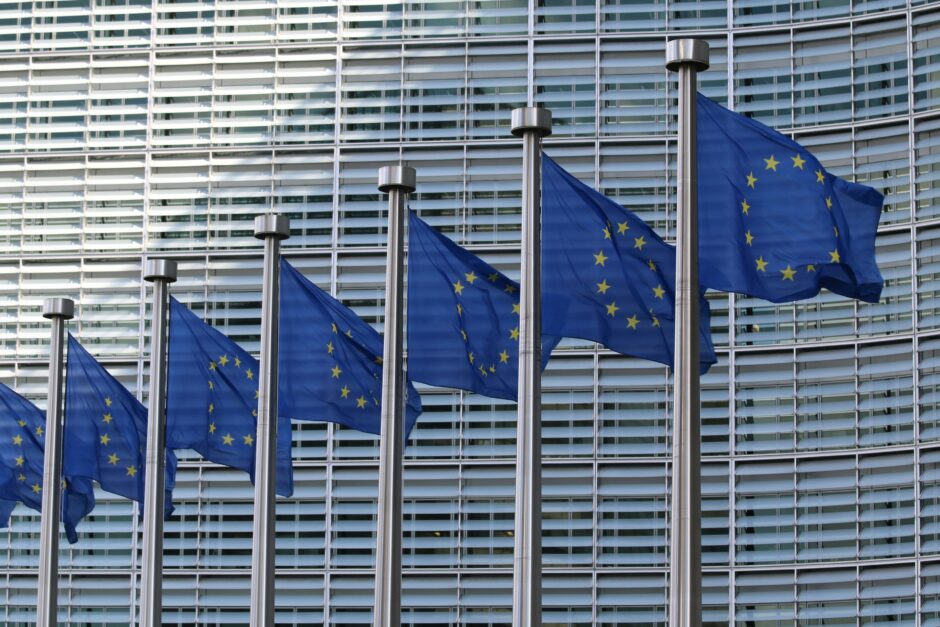On March 15th, Viktor Orban, Hungary’s Prime Minister celebrated the 176th anniversary of the Hungarian Revolution of 1848-49 with an address to the public. In his address, a stark divide between the “Western world” and Hungary is made, with the former portrayed as destroying worlds, starting wars, and being compared to locusts. Focusing on the conceptualizing freedom as leading to isolation, he separates Hungary from the Western ideal of freedom. He attacks not only the European Left, but also the Hungarian Left, as those breaking down society, while he “builds a cathedral”. In direct reference to Brussels, he opines that the EU has imposed “unnatural” situations on Hungary, by “pressing them into war”, “saddling them with immigrants” and “re-educating our children” (under the context of LGBTQIA+ rights). Here he also places heavy emphasis on the sovereignty of Hungary, and the need to “occupy Brussels”. By engaging a rhetoric regarding the history of Hungary, and comparing the EU to an empire, he calls for a “march on Brussels” to enact change in the European Union. In particular, he argues that the European Union has abandoned Europeans, by impoverishing farmers, dispossessing the middle classes, and taken the whole continent to war. In the strongly worded speech, his stance contra the EU and the call for a reorganisation of the same demonstrates a part of his position in the elections. A few days later, he followed up his attitude towards the War in Ukraine by congratulating Vladimir Putin on his re-election and fostering cooperation between Russia and Hungary on “important discussions even in challenging geopolitical contexts”.
In 2022, MEPs declared that Hungary could no longer be considered a full democracy, citing the emergence of a ‘hybrid regime of electoral autocracy”, a system of constitution where elections occur, but norms and standards of democracy as not adhered to. This action was a build upon the procedure to trigger Article 7, where 448 votes on the European Council voted for the notion that a serious breach of EU founding values as stated in Article 2 of the EU Treaty had been committed by Hungary. This was the first time that the EP called upon the Council to act against a member state to prevent what has been deemed a “systematic threat to EU foundational values”. The key concerns that had been raised at this point regarded the functioning of the electoral and constitutional system, the indpendence of the judiciary, corruption, freedom of expression, academic freedom, freedom of religion, the right to equal treatment and minority rights amongst others. The 2022 statement proposes that democracy and human rights in Hungary had deteriorated since 2018 through systematic efforts of the Hungarian government, which had been exacerbated by EU inaction.

Under the context of the upcoming EU elections in June 2024, Orban’s political party Fidesz is a candidate that, in the outgoing parliament, holds 12 out of the total of 21 Hungarian seats in the EP, with the second largest majority DK holding only four seats. According to projection by Europe Elects prior to the election, this gap shall widen further, as Fidesz is predicted to gain 14 seats this June, while DK drops to two seats. In the EU parliament itself, Fidesz is one of the parties that are not affiliated with any political groups. Until 2021, the party was part of the center-right group European People’s Party (EPP). Fidesz quit from the EPP after a vote passed with 148 MEPs in favour and 28 against, with the motion for a member party to be suspended or excluded from its political group. This marked the culmination of a long-running hostility between various factions in the EPP and Fidesz, as in 2019, Fidesz was suspended from the EPP, thus losing its MEPs voting rights and the right to attend summits meetings. The reason was mostly tensions between Fidesz and the more centre parties in the group over issues such as immigration. Thus, so far Fidesz gains the largest vote by landslide in Hungary and holds a considerable amount of NI seats in the European Parliament.
This can be regarded under the context of a general rise of right-wing politics across Europe. Anti-European populists have been branded as likely to top the polls in nine EU member states (Austria, Belgium, Czech Republic, France, Hungary, Italy, the Netherlands, Poland and Slovakia) and come second or third in nine other countries. Throughout 2023, right-wing politics have greatly shaped the EU in the recent year, for instance through the ability to set the political agenda (such as National Rally’s backing of the French government’s anti-immigration bill) or through Geert Wilders’ Freedom Party’s (PVV) success in the Dutch general elections. As per Projection, the populist Right will be the “main winner” in the election, with the radical right Identity and Democracy group expected to gain 40 seats with almost 100 MEPs, which would make them the third largest group in the new parliament. The European Conservatives and Reformists are predicted to gain 18 seats. Here, the role of Hungary can be crucial, in that if Fidesz decides to join the ECR instead of remaining with non-attached MEPs, the ECR could overtake the ID and RE in forming the third largest group. Left and centre groups, including the Group of Greens/Free European Alliance, the S&D, and RE, are predicted to lose seats, while the right and extreme right are projected to gain seats. The EPP is however still predicted to remain the group with the largest majority. While the parliament is not the most significant EU institution for foreign policy, the alignment of parties with groups and the growing debates within the member states themselves will have implications for the European Commission and the Council’s decision-making and agenda-setting regarding foreign policy.






